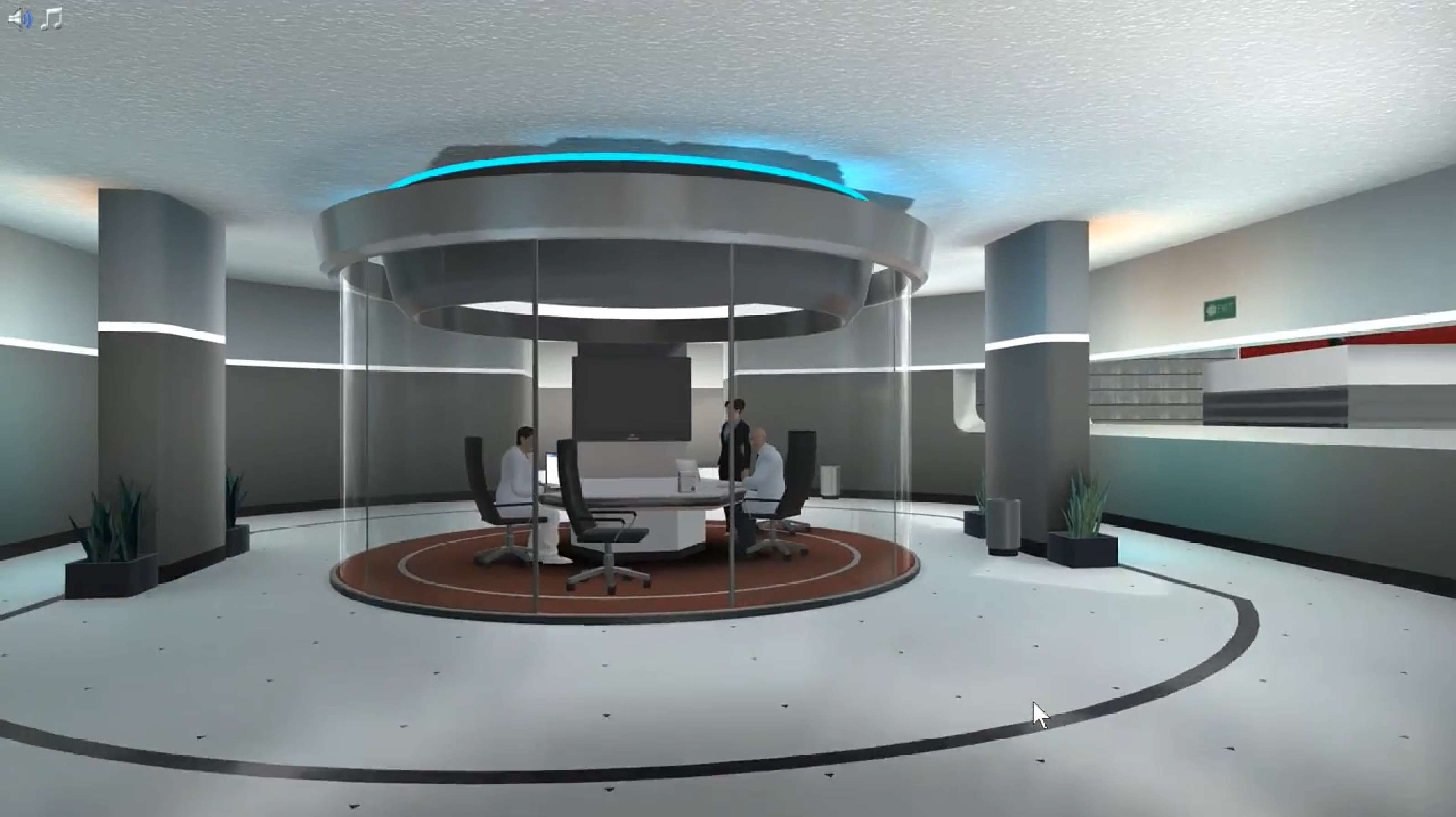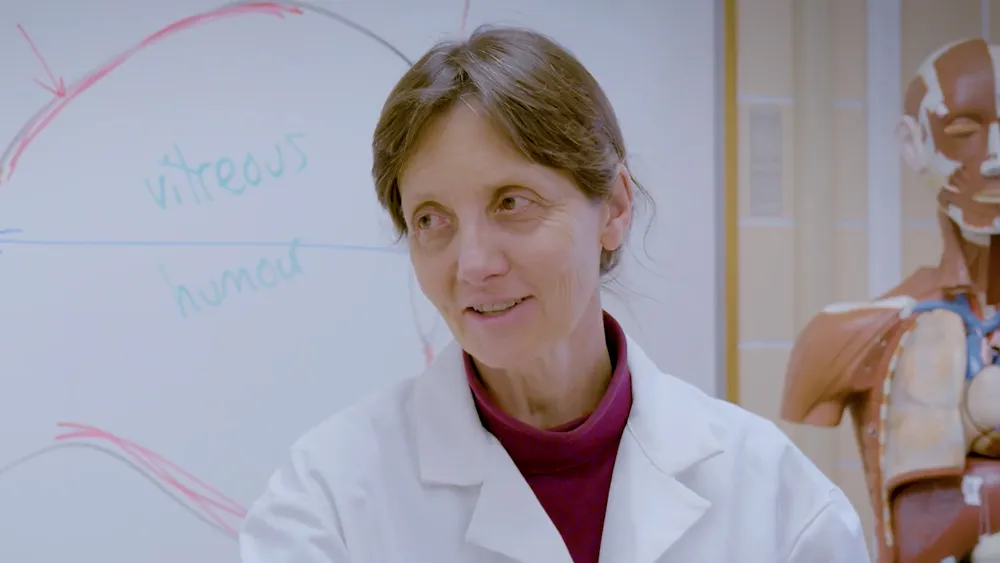Heading 1
Heading 2
Heading 3
Heading 4
Heading 5
Heading 6
Lorem ipsum dolor sit amet, consectetur adipiscing elit, sed do eiusmod tempor incididunt ut labore et dolore magna aliqua. Ut enim ad minim veniam, quis nostrud exercitation ullamco laboris nisi ut aliquip ex ea commodo consequat. Duis aute irure dolor in reprehenderit in voluptate velit esse cillum dolore eu fugiat nulla pariatur.
Block quote
Ordered list
- Item 1
- Item 2
- Item 3
Unordered list
- Item A
- Item B
- Item C
Bold text
Emphasis
Superscript
Subscript
About This Simulation
Investigate the connection between blood vessel growth and cancer development, and use this knowledge to identify a promising treatment for breast cancer.
Learning Objectives
- Explain the principles and importance of intracellular signal transduction
- Explain receptor tyrosine kinase (RTK) cell signaling
- Analyze dysregulated signal transduction in human cancer cells
- Understand the connection between angiogenesis and tumor growth
- Investigate the involvement of vascular endothelial growth factor receptor (VEGFR) signaling in human breast cancer
About This Simulation
Lab Techniques
- Western blotting
- Inhibitor treatment
- Histology
- Cell culture
Related Standards
- Out of Scope
- Unit 4: Cell Communication and Cell Cycle
- 6.6: Hormones, Homeostasis and Reproduction
Learn More About This Simulation
In this simulation, you will learn how tumor cells send signals to surrounding cells to help promote tumor growth, and how this signal is transmitted inside the cell.
Analyze patient samples by western blotting
As a researcher in the R&D department of a big pharma company, your mission will be to test the hypothesis that increased blood vessel growth, also called angiogenesis, plays a role in breast cancer development. To investigate this idea, you will perform a western blot experiment to test for the expression of vascular endothelial growth factor receptor (VEGFR) expression in patient samples compared to healthy tissue samples.
Learn about VEGFR signal transduction
Following the interpretation of initial results, you will learn more about how VEGFR, a receptor tyrosine kinase (RTK) transmits an external signal to the inside of the cell, and how this influences angiogenesis. You will be able to follow the process in a 3D animation.
Develop a strategy for breast cancer therapy
Finally, your mission is to test different inhibitors targeting VEGFR signaling. You will design an experimental approach to test for the activity of this specific class of RTKs.
Will you be able to identify a promising new drug candidate for treating patients with breast cancer?
For Science Programs Providing a Learning Advantage
Boost STEM Pass Rates
Boost Learning with Fun
75% of students show high engagement and improved grades with Labster
Discover Simulations That Match Your Syllabus
Easily bolster your learning objectives with relevant, interactive content
Place Students in the Shoes of Real Scientists
Practice a lab procedure or visualize theory through narrative-driven scenarios


FAQs
Find answers to frequently asked questions.
Heading 1
Heading 2
Heading 3
Heading 4
Heading 5
Heading 6
Lorem ipsum dolor sit amet, consectetur adipiscing elit, sed do eiusmod tempor incididunt ut labore et dolore magna aliqua. Ut enim ad minim veniam, quis nostrud exercitation ullamco laboris nisi ut aliquip ex ea commodo consequat. Duis aute irure dolor in reprehenderit in voluptate velit esse cillum dolore eu fugiat nulla pariatur.
Block quote
Ordered list
- Item 1
- Item 2
- Item 3
Unordered list
- Item A
- Item B
- Item C
Bold text
Emphasis
Superscript
Subscript
A Labster virtual lab is an interactive, multimedia assignment that students access right from their computers. Many Labster virtual labs prepare students for success in college by introducing foundational knowledge using multimedia visualizations that make it easier to understand complex concepts. Other Labster virtual labs prepare learners for careers in STEM labs by giving them realistic practice on lab techniques and procedures.
Labster’s virtual lab simulations are created by scientists and designed to maximize engagement and interactivity. Unlike watching a video or reading a textbook, Labster virtual labs are interactive. To make progress, students must think critically and solve a real-world problem. We believe that learning by doing makes STEM stick.
Yes, Labster is compatible with all major LMS (Learning Management Systems) including Blackboard, Canvas, D2L, Moodle, and many others. Students can access Labster like any other assignment. If your institution does not choose an LMS integration, students will log into Labster’s Course Manager once they have an account created. Your institution will decide which is the best access method.
Labster is available for purchase by instructors, faculty, and administrators at education institutions. Purchasing our starter package, Labster Explorer, can be done using a credit card if you are located in the USA, Canada, or Mexico. If you are outside of North America or are choosing a higher plan, please speak with a Labster sales representative. Compare plans.
Labster supports a wide range of STEM courses at the high school, college, and university level across fields in biology, chemistry, physics, and health sciences. You can identify topics for your courses by searching our Content Catalog.


















